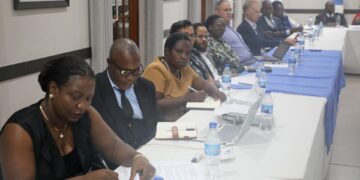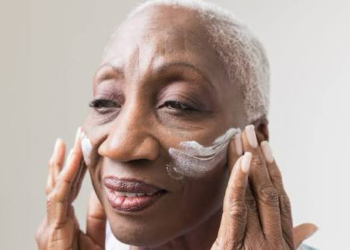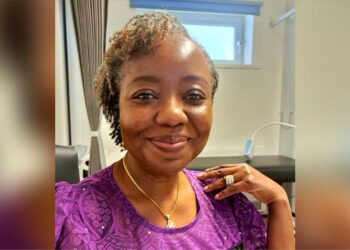There are many ways to use the word “guidance.” The genuine value of guidance work in schools is frequently undervalued. Helping the student understand themselves, their needs, and their settings is the main goal and objective of guidance. “Guidance is assisting the student to adapt to his/her current circumstances and
planning his/her future in accordance with their interests, skills, and social demands”.
A personal face-to-face interaction between two individuals is called counselling. It involves creating a learning environment where the individual being counselled is assisted in getting to know themselves, their present, their potential future, and discover new ways to cope with life’s challenges, aided by the therapeutic alliance developed between both parties.
Counseling is just one specific service offered by the school, whereas guiding is the overarching framework for personal services. The counsellor is the central character in the guidance program, but in the course of carrying out his guiding obligations, he also handles many other tasks than counseling. According to the Federal Republic of Nigeria (2004), career officers and counselors would be employed in schools due to the apparent ignorance of many young people regarding career options and the personality maladjustment among schoolchildren.
SIMILAR ARTICLES: Education in five European countries || The school systems of Poland, Great Britain, Germany, France, and Spain
DevCareer Tech Program
Nigerian parents pay school bills with recyclable waste
The goal of guidance and counseling services in schools is to assist clients in developing a sense of self and make sensible, socially and psychologically sound decisions for their entire lives. The Federal Ministry of Education in Egbo (2009) established a 12-point target for guidance and counseling at the junior and senior secondary schools in their strategy for the subject:
1. Provide tutoring to help students achieve more.
2. Help student learn adaptable techniques for adjusting to changes in family and home life.
3. Provide emotional and psychological support for students during exams.
4. Teach students life skills for decision-making and problem-solving.
5. Foster a positive self-image in students tutored by the counsellor.
6. Help students cultivate positive interpersonal relationships.
7. Enhance the decision-making skills.
8. Support seamless progression between educational levels
9. Support school administration in enhancing educational opportunities and programs.
10. Assemble all the resources from the community, school, and home to meet the educational, occupational, and psychological needs of the students.
11. Assist parents, other school employees, and teachers in comprehending the requirements and issues facing
Schoolchildren.
12. Assist students in mastering effective time management techniques.
Currently, focus and emphases are placed on the secondary and tertiary levels in schools guidance and counselling programmes, instead of the primary stage where the pupils are at the formative stages of their character. Starting as early as primary school builds a solid foundation and bridges the gap where a string and healthy support system might be lacking.
SIMILAR ARTICLES:
What does ethics look like in 21st century education?
How Education Made Me Interview with Obi Asika
If counseling is properly applied to stem any psychological or emotional wounds at the formative stages, students will experience less adjustment problems, and develop healthy coping styles, which ultimately helps them navigate through life effectively. This explains the need for school guidance and counseling at the
primary school level. As a result, all stake holders in education in Nigeria, should join hands to encourage and invest in crucial counseling programmes at the primary school level to avert maladjustment problems at the
secondary and tertiary levels in later stages of life.
REFRENCES
Egbo, A. C. (2013). The Role of Guidance and Counselling in Effective Teaching and Learning
in Schools: The Nigerian Perspective
Olayinka, M.S. (1993) Guidance and counselling for Nigerian schools. Lagos Literamend Publication Ltd
European Centre for Research Training and Development UK (www.eajournals.org)
Researchgate.net/publication/_Guidance_and_Counselling_in_Teacher_Education


















































































 EduTimes Africa, a product of Education Times Africa, is a magazine publication that aims to lend its support to close the yawning gap in Africa's educational development.
EduTimes Africa, a product of Education Times Africa, is a magazine publication that aims to lend its support to close the yawning gap in Africa's educational development.